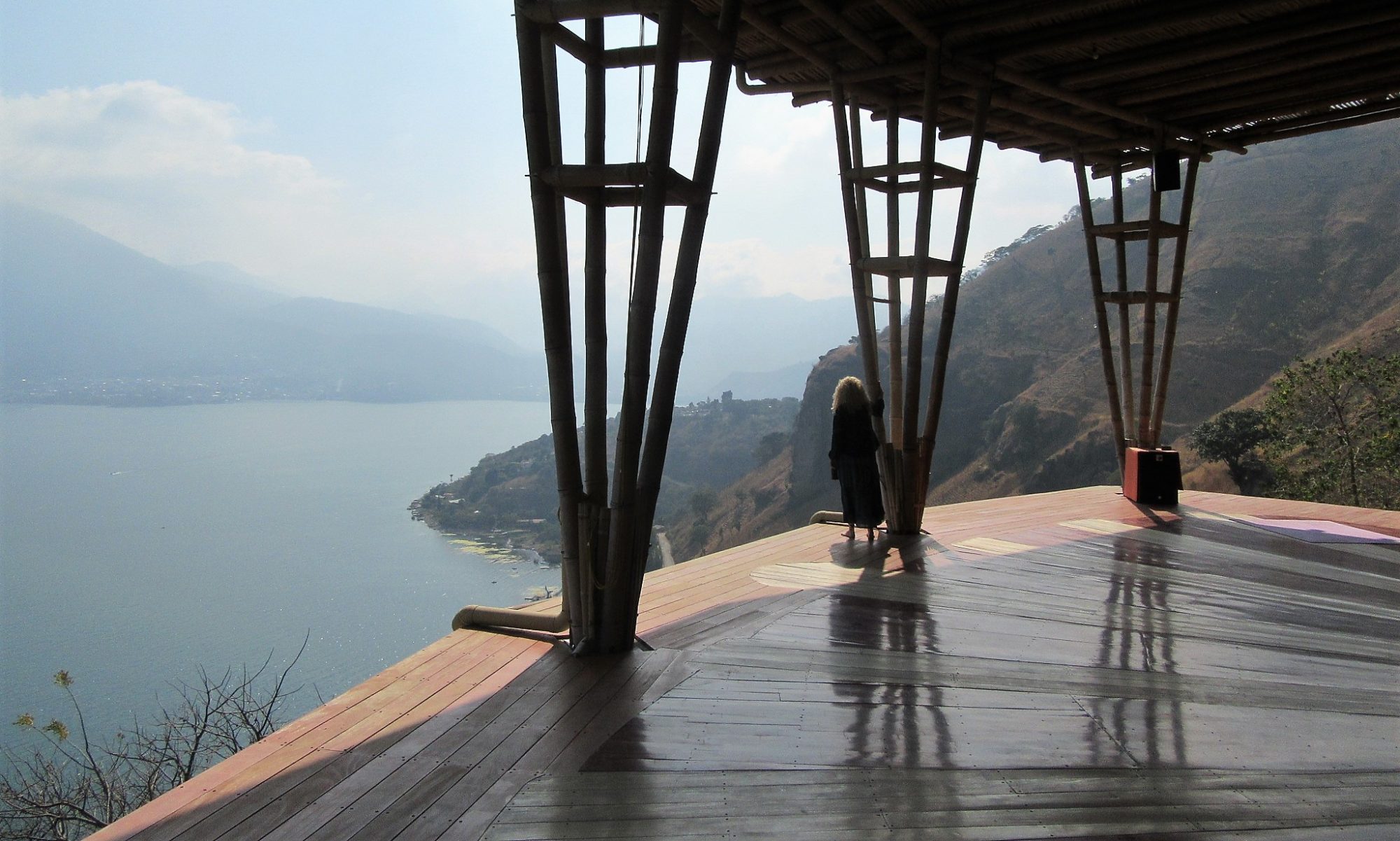Playtime is a 1967 film by French director Jacques Tati. As a critique of modern urban life and comedy of personal pratfalls, it is unique and iconic, yet with echoes of Charlie Chaplin and Buster Keaton, Fritz Lang’s Metropolis and Terry Gilliam’s Brazil. With the barest of story lines (one hapless wanderer encountering another for a few moments of charmed connection), the film proceeds with a pace that begins with excruciating calm and ascends with the organic chaos of life to a crescendo—set by a restaurant band that converts the autonomous drones of the opening to a gyrating dance collective, fueled by copious alcohol served by frantic staff—and then winds down, just as organically, to its dénouement.
Tati’s art is distinctive in revealing our humanity almost exclusively through movement and sound. The absence of dialogue is a revelation, opening to the wonder of raw human experience uncluttered with warring dialogue, nonstop chatter. Here the cacaphony of crowds suffices, distancing us from irrelevant speech and replacing it with pure observation, sensed familiarity and comic surprise.
The film’s constant magic is cast by impeccable choreography throughout, each step and hand gesture, each pedestrian crossing or lobby an arena for artful passing, or sudden collision, fish platter in hand. The chief character, Monsieur Hulot (played by the director himself) is a masterpiece set within a masterpiece, for his is a picture of awkwardness, yet with every misstep placed just so.
To return to theme… The futuristic set and mechanical movements of the citizens and tourists, each bent on their private mission in the city hive, paints a stark critique of burgeoning urban life as the sixties manifested…. all concrete and glass and steel, everything both transparent through glass and separated by glass… equipped with mysterious electronic systems and cheap construction (tiles, scaffolding) that fails.
Yet the film’s humanity redeems even in the clumsiness of the efforts of M. Hulot and others to perform their required duties. Here too is an echo of Monty Python at play, or Fellini… with the clowns and freaks each trying to make the best of an impossible situation, to find their purpose in the grand charade. Thus the party winds down with a volunteer band and general singing and shouting, a coming to life of the city in the early hours of the next day. The innocent American tourist, a laggard from the group of chatty Midwesterners, finally catches her moment to photograph a flower vendor and deliveryman on the morning street.
All is forgiven, all redeemed, by the innocence of a couple of inveterate humans who stray from the programmed herd, who find connection with each other in simple happenstance. Connection is also realized with the audience (fifty-five years later, and counting) in need of a laugh-cleansing detour, a stepping aside from the one-way corridor to a dehumanizing futurism. Playtime calls for each of us to witness our own halting movements through this hurried world of separation.
See also this great video review of Playtime.







